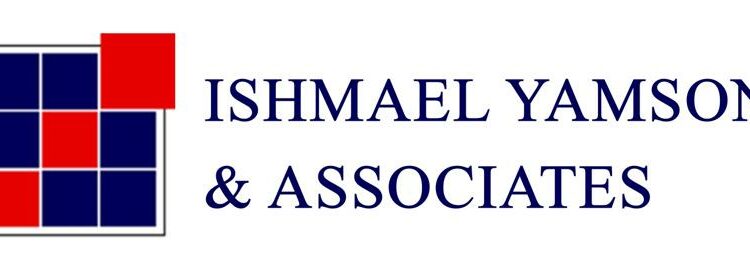Successful AfCFTA implementation crucial for boosting Ghana’s investment appeal – Ishmael Yamson & Associates

The 2023 AfCFTA Situational Report by Ishmael Yamson & Associates underscores the transformative potential of the African Continental Free Trade Area (AfCFTA) for Ghana, identifying it as a pivotal factor in enhancing the country’s investment attractiveness.
The report emphasizes the necessity of a robust legal framework, sustained political support, visionary leadership, strong institutional capacities, stakeholder engagement, and effective coordination for successful implementation.
Ghana’s ambitious implementation plan faces several hurdles that could impede its progress. Chief among these are slow updates on implementation, the discontinuation of programs due to changes in government, and a pervasive lack of information.
To address these challenges, the Ghana Investment Promotion Centre (GIPC) is reviewing the GIPC Act to align with AfCFTA’s objectives, aiming to foster a more conducive environment for investments while ensuring robust protection for investors.
The revised GIPC Act is expected to guarantee the unconditional transferability of funds related to investments and protection against expropriation, thereby creating a more favorable investment climate.
Current provisions of the GIPC Act, such as minimum capital requirements and restrictions on certain sectors, are seen as impediments to AfCFTA implementation by limiting foreign investor participation. The ongoing review seeks to address these limitations and enhance Ghana’s appeal to international investors.
In its report, Ishmael Yamson & Associates propose several key recommendations to bolster Ghana’s successful adoption of AfCFTA.
Firstly, conducting comprehensive impact assessments to measure the framework’s influence on trade, investment, job creation, and economic growth is essential, with the report asserting that drawing insights from comparable legal frameworks across African nations can help identify effective strategies and address potential challenges.
Secondly, active engagement of stakeholders, including businesses and civil society, is emphasized to ensure their priorities are reflected in the framework’s design, execution, and oversight.
The report further notes that capacity-building initiatives are also crucial, equipping policymakers and regulators with the necessary skills to manage the framework effectively. Furthermore, research is recommended to evaluate how AfCFTA may influence Ghana’s foreign policy and international relations, guiding future decisions.
Lastly, broadening the analysis of AfCFTA’s interplay with industry-specific laws is necessary, encompassing a wider range of regulations and their harmonization with AfCFTA provisions.
The successful implementation of these recommendations is pivotal for Ghana to capitalize on the opportunities presented by AfCFTA.
Ghana’s strategic alignment with AfCFTA will be crucial in restoring investor confidence and ensuring financial sustainability.
The report by Ishmael Yamson & Associates evaluates Ghana’s Legal, Regulatory and Policy (LRP) framework for implementing the African Continental Free Trade Agreement (AfCFTA).
The report critically assesses how Ghana’s laws align with the AfCFTA requirements and identifies areas requiring improvement for effective implementation.
The documented findings are geared towards contributing to a better understanding of Ghana’s preparednessfor the AfCFTA and provides insights for policymakers, stakeholders, and researchers in enhancing Ghana’sparticipation in the regional free trade area.
–Norvanreports







